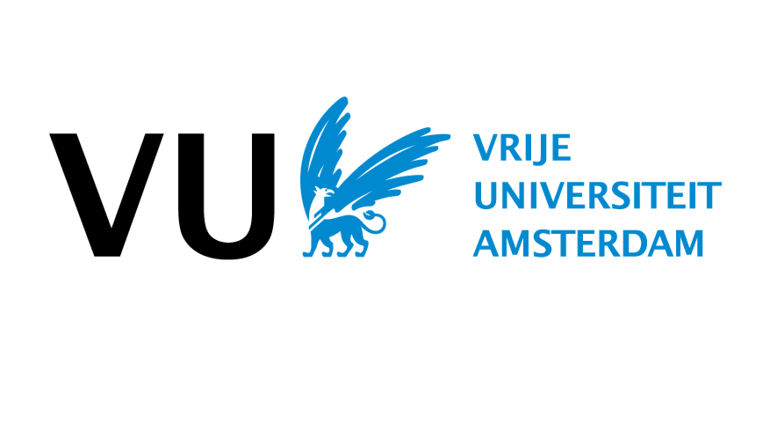Application
The admission requirements are as follows:
- Applicants must have at least a Bachelor degree in Law.
- Applicants who do not meet the abovementioned requirement can also apply, provided that they have a sound academic background and considerable experience in the field of (international) law (the Admission Board would select such applicants only in exceptional circumstances).
- Language proficiency requirements: VU University Amsterdam requires all applicants to take an English test and to submit their score as a part of the application. Exceptions are made for students who have completed their education in Canada, USA, UK, Ireland, New Zealand or Australia. For Dutch students or foreign exchange students already residing in the Netherlands it is possible to take the institutional TOEFL test offered by the VU University Amsterdam.
The applicant’s previous education is compared to, and valued through, the UK Naric comparison system and, if necessary, through the Nuffic comparison and validation programmes. Especially students from non-EU countries should consider the possibility that a relevant Bachelor degree in Law might not be sufficient to enter into this IBL Master's programme, and their application could result in a rejection. The Faculty of Law of VU University Amsterdam does not offer any (English or Dutch) pre-Master's programmes.
The Admission Board will need to receive your complete file in order to make a good assessment of the application and of the applicant’s ability to follow and to successfully complete the IBL Master's programme. In the case of doubts, the Admission Board can invite the applicant to provide other additional documents in order to make a final decision. Incomplete files and files handed in after the deadline cannot be taken into consideration.
Criteria for selection
The main focus of selection will be on GPA or an overall grade average. Students should have at least a B+ or 7.8 as an overall average, or a GPA of at least 3.25.



